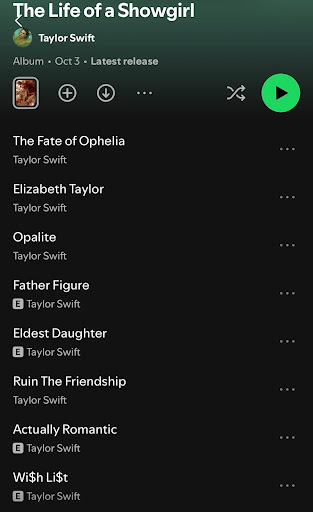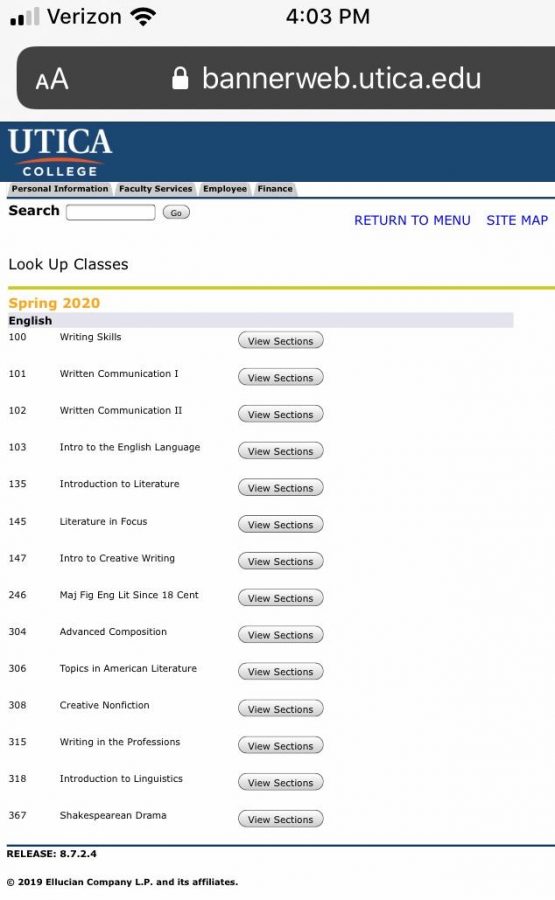With the new semester right around the corner, registration is only days away.
For some students, registration brings concerns as the fear of not getting into classes arises. While some might prefer to talk to their advisor about their life after Utica College, others might prefer their success coach.
Junior and sociology major Amari Abraham prefers talking to his success coach because they have a more established relationship but thinks his advisor is beneficial too.
“They both have your best interest at heart and make sure to keep up with how your doing in classes,” Amari said.
Amari said he feels good about the upcoming semester and is comfortable with the classes he’s taking right now, although he did express concern with getting into some of the classes that he needs to take.
He went on to discuss there are some benefits to being able to choose your own schedule that is with the help of advisors and success coaches.
“The benefits of choosing your schedule is being able to further what you want to learn,” Amari said. “You don’t have to follow an agenda and learn what other people want you to learn. You get to sit down with your advisor and success coach and talk about what interests you and pick classes that fit that.”
Jeffery Gates, senior vice president for student life and enrollment management explained why students have both a success coach and an advisor.
“The faculty can spend what we consider more time on the major related coursework for the student’s career aspect,” he said. “The success coach is working on what we consider the day-to-day or paperwork processes and the transition to Utica College.”
Todd Pfannestiel, provost and senior vice president for academic affairs, explained that the success coaches and advisors are just a small piece of what they called a “care team” when it comes to advising students such as Amari.
“The care team is a relatively new concept,” he said. “We think that it’s critically important that a faculty advisor can be focused on a student with regard to courses within the major, career paths, working with the career coach,” Pfannestiel said.
The care team is made up of a faculty advisor, success coach, financial aid counselor and a career coach. Both Pfannestial and Gates agreed that there could be more communication between the faculty, care teams and the students so they know about the care team. They are currently working on a plan to make the student body more aware about the care teams.
“There’s so much we could be discussing with students about how well they’re performing in a classroom, laboratory or a studio,” Pfannestiel said. “(Students) are surrounded by a team of individuals they can identify by name so no matter what they’re question is and no matter where they turn, they have that support.”
Both Pfannestiel and Gates emphasized that everyone in the care teams and the Utica College faculty are there for the students and their needs.









































































































































